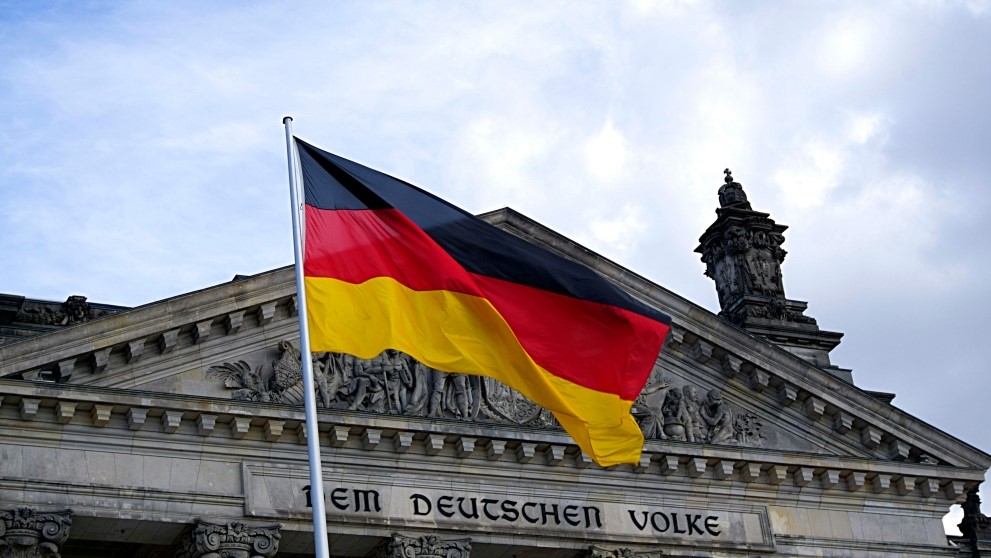The German Customs and Tax Authorities are increasing the enforcement of the Customs and VAT (Value-Added Tax) legal requirements. The relevant Customs and Tax Regulations are complex for shipments from Rest of World (non-European Union (EU) countries) to Germany with the DDP Incoterm*.
Please note that the TAX obligations lie with the taxable person and DHL Express cannot provide any assistance in this regard. In the case of a shipment with the DDP Incoterm, the Supplier/Seller is typically responsible for import customs clearance and the payment of duties and taxes.
As a consequence, the transaction is in general also subject to German VAT and the taxable person amongst other things must:
- Register for Tax (VAT) purposes in Germany
- File periodic VAT returns (e.g., monthly) to the German Tax Authorities, file annual VAT declaration
- Comply with local legal record keeping requirements (e.g., legal archiving period in Germany is generally 10 years)
*Incoterms®, or International Commercial Terms, are a series of standard commercial terms published by the International Chamber of Commerce (ICC), which are agreed between the Supplier/Seller and Buyer of the goods. Delivered Duty Paid (DDP) is one of these Incoterms®.
DHL Express services are independent from the Incoterms®
- DHL Express offers DOOR-TO-DOOR transportation services, regardless of the Incoterm indicated on the Commercial Invoice. In addition, DHL Express also offers a range of DHL Duties & Taxes Billing Services (for the invoicing of Import Duties & Taxes) which are also independent from the Incoterm indicated on the Commercial Invoice. For example, DHL offers a DHL Duties & Taxes Billing Service known as ‘Duty Tax Paid’ (DTP) where:
- DHL Express pays applicable import duties & import taxes to local customs authorities in local currency.
- DHL Express then invoices the respective import duties & import taxes amount to a DHL account at origin or 3rd country
- This service allows the shipper to ensure that the receiver of the goods is not approached by DHL Express for the payment of import duties and taxes upon delivery, ensuring a positive experience by the receiver - regardless of the Incoterm agreed between Supplier/ Seller and Buyer.
Potential Options for Suppliers/Sellers shipping from Rest of World to GERMANY
Suppliers/Sellers shall understand the relevant regulatory requirements (seeking legal/tax advice where appropriate) and evaluate all options available to ensure compliance when shipping to Germany. Examples listed below.
| Business Model | Customs Clearance Scenarios | |
|---|---|---|
| 1 | Seller/Buyer agree on another Incoterm (non-DDP) | Clearance carried out in direct representation of the receiver. |
| 2 | Seller/Buyer agree to continue using DDP Incoterm and Supplier/Seller has OWN EU rep | Clearance on behalf of the Seller/Buyer using the EU rep as the indirect representative. |
| 3 | Seller/Buyer agree to continue using DDP Incoterm without providing German TAX ID | Clearance carried out in direct representation of the receiver declaring a customs value in line with Customs Authorities guidance. |
| 4 | Seller/Buyer agree to continue using DDP Incoterm with German TAX ID of the taxable person | Clearance on behalf of the Seller/Buyer using DHLE as indirect representative, in line with Customs Authorities guidances. Conditional to approval & indemnification to DHL. |
IMPORTANT:
- The above scenarios highlight the possible DHL customs clearance scenarios but do not consider potential future regulatory changes e.g., such as the Union Customs Code (UCC) reform.
- If there is a difference in values between the payment made by the Buyer and the commercial invoice, DHL is unable to clear your shipment without clearance delays and must follow Customs Authorities‘ direction when it comes to goods value calculation.
